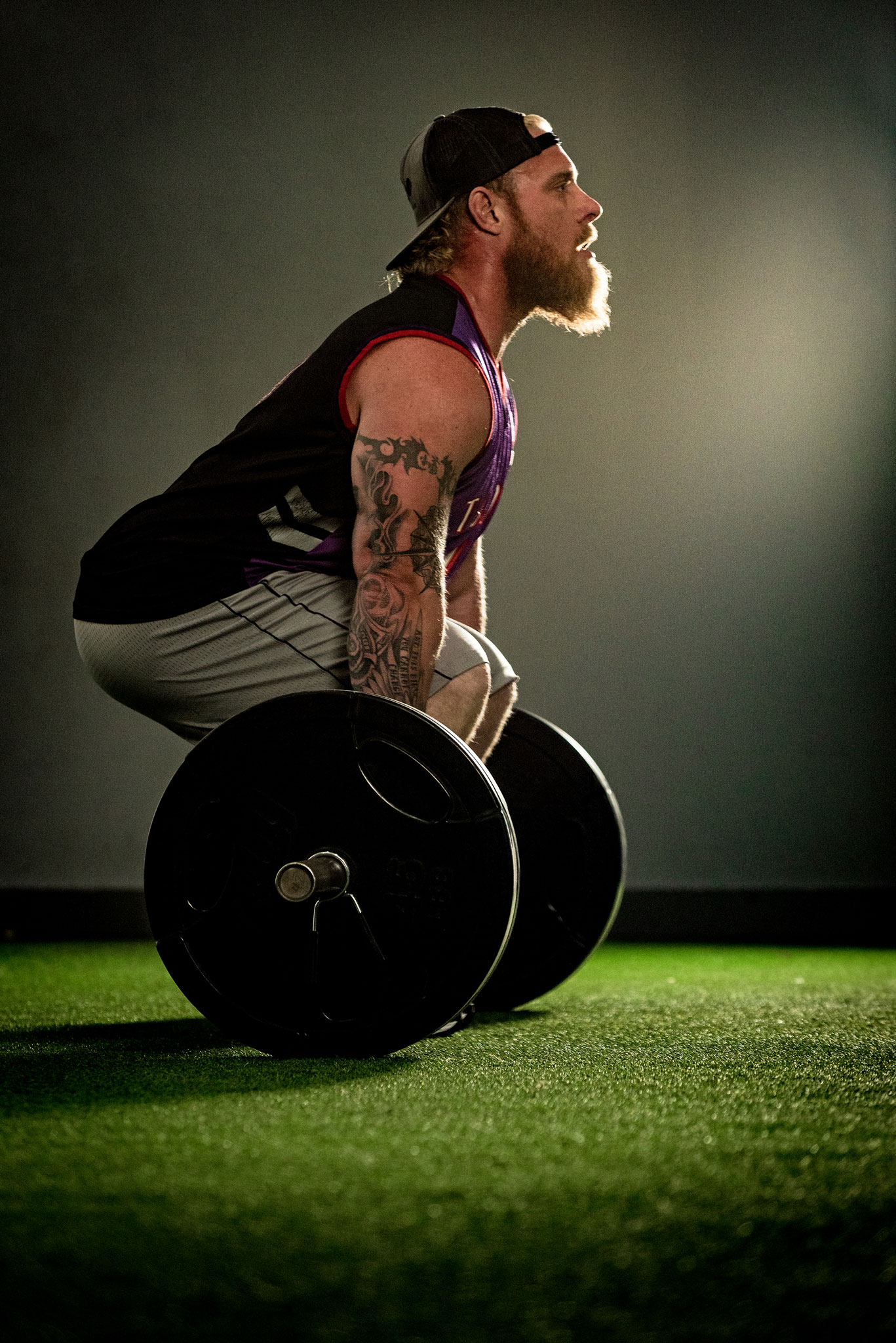What you eat before and after a workout can make a difference in how well you feel and how efficiently you recover
There are three macro-nutrients in your food: proteins, fats and carbohydrates. Finding the right balance of these macros is important when you work out. But it can be tricky. With varying body types, athletic abilities and general fitness goals there is no one-size-fits-all approach.

For example, a marathon runner who requires endurance will need different fuel than a powerlifter who requires strength. Those are extremes. But even as most people enjoy both cardiovascular exercise and strength-base training to gain balance in muscle and cardio health, they do tend to focus on one more than the other.
» The powerlifter
Since protein is the main component that makes up your muscle tissue, a person focusing mainly on strength will need a diet high in protein. Protein aides in building muscle mass and strength. As an example, a powerlifter may fuel with a high protein shake prior to a workout. Protein is also crucial in muscle recovery after a workout, regardless of the exercise. To achieve your goals in a strength – based workout, it is important to focus mainly on clean eating, high protein, healthy fat and low carbohydrate foods.
Story continues after a quick message from our sponsor below.
» The Runner
Cardiovascular goals such as running a marathon also require a healthy balance of macro nutrients. However, when getting ready for any long cardiovascular workout, it is important to eat foods low in glycemic index carbohydrates such as an apple. Low GI carbs, protein and healthy fats keep your nutrients and minerals balanced to maximize your workout and your recovery.
» Rule of thumb
Remember cardio-based workouts require healthy carbs and fats with lean proteins, while strength-based workouts require higher amounts of protein, healthy fats and a lower amount of carbohydrates than a cardiovascular workout. Balancing the macronutrients varies for each person, based on frequency of workouts and weight of the individual. Even age can affect how we manage the macros in our food.
» Do your research
With so much new information and changes to nutrition recommendations, it is important to fi nd what works for you. As a trainer, I have had clients feel nauseated, dizzy and extremely tired during or after a workout. Some have experienced extreme muscle fatigue lasting many days. Those issues are often related to nutrition.
So do some research and balance your macronutrients based on your fitness goals, whether they include strength, endurance or even weight loss. And if juggling all the numbers seem overwhelming, there are many apps that not only track macros but they can even help motivate you with daily and weekly goals. N
By Diana Okon
Photography By Joel Riner
As Featured In: 2018 Summer/Fall SPO Edition




